four big mistakes start-ups and small businesses make
Social media expert and author Iolanthe Gabrie explains why you should slowdown to start up.
Start-up stuff-ups – I’ve seen ’em all. Or at least I hope I have, given that I’ve been in the social media and digital strategy business for 14 years. I’ve made many of these newbie mistakes myself, and I’ve observed clients and friends who’ve had their fair share of fails in the business space. So, consider our collective pains and embarrassments your real-world entrepreneurial gains, as I share core mistakes made in start-ups; every one of them a dang good reason to slow things down and begin your business right.
TRYING TO BOOTSTRAP TOO LONG AND TOO HARD
While most of us are bored of Silicon Valley’s tales about start-ups that began on gumption, No-Doz and sweat equity, there is still a prevailing sense that great businesses can be built on little more than a garage, a beanbag and an internet connection. But budgeting too hard or starving yourself of funds for too long leads to burnout and business failure.
Attempting to DIY everything often results in a business that looks illegitimate to your audience, and it’s hard to grow businesses that appear piecemeal (more on this later!). Remember in your early days that entrepreneurship is a marathon and not a sprint; if you can only do a couple of things on your business to-do list in your first year, do those things well. Don’t spread yourself too thin by attempting to do everything with no budget. Use a little bit of budget to create a little bit of polish.
NO LAWYERS, NO ACCOUNTANTS
When I first began my business, I was sending out invoices WITHOUT reference numbers for at least a year or so. How should I have known that wasn’t the done thing? Like most sole traders, I got by for some time with basic compliance accounting and no lawyers involved. I attempted to do it (mostly) by myself, which cost me BIG TIME in the long run. Having a sound understanding of how your business structure and GST status impacts on your tax obligations (for starters) is critical to your financial wellbeing. While getting into debt (and putting a payment plan in place) with the Australian Taxation Office is pretty normal for all business owners at some time or another, having sound advice that relates to your business from start-up to growth will minimise your debts and maximise your potential rebates.
Having a commercial lawyer in your court is also invaluable and will prevent many issues further down the line. Engaging a lawyer as a preventative measure doesn’t need to cost the Earth; get a quote from a few you feel are expert in your category and see what it is you need most to shore up your business investment. If you’re employing in any capacity, a lawyer’s knowledge (and contracts!) will also make your contractor/employee relationships much clearer and safer for all involved.
MINIMISING THE VALUE OF PHOTOGRAPHY AND BRAND
Marketing is all about showing how legitimate you are as an entity. In order to do this successfully, you need to put a little bit of budget into the project. As you flourish, the budget for this aspect of your business development will also increase. Too often, business owners attempt to rely on iPhone pictures or a couple of formal headshots to communicate with their audience. Likewise, they’ll use a logo that’s not fit for purpose and is hard to work with on their website, social media and other branding collateral. Do the work and get the quotes, know what you will be investing and budget as you build. Just know that you can’t build a business with any speed or quality when you’ve got poor brand assets; photography and branding make all your other online efforts so much easier.
FAILING TO RESPECT COPYRIGHT
No one sets out intending to infringe on an artist’s copyright. OK – maybe some do. But those people are tools and you are not, my soon-to-be entrepreneur mate. It’s very easy to infringe on copyright, and sharing platforms such as Facebook, Instagram, TikTok, LinkedIn and Twitter have made us somewhat dulled to the risks. It’s so dang easy to ‘share’ content and claim it as our own when acting as private citizens in social media land that kicking the habit is tricky when you segue to the business space. Word to the wise: subscribe to a quality stock website to safely create artwork around your product or service offering. In combination with your original photography, you’ll have a growing library of art to use in your branding – safely and without fear of application. I suggest you do not use ‘free’ images – the complexities around your use of these in a commercial sense is sincerely not worth the risk of not paying. I have many clients who have received copyright notices and fines in the thousands for their use of images owned by others they have inadvertently or carelessly used before they knew better.
Iolanthe Gabrie is the author of 100 Days of Brave: How to launch a business you love in three months and is the director of social media agency Ruby Assembly.
For more small-business stories like this, visit frankie.com.au/strictly-business, or sign up to our monthly e-newsletter. Have a small-business story you’d like to share? Pitch it to us.


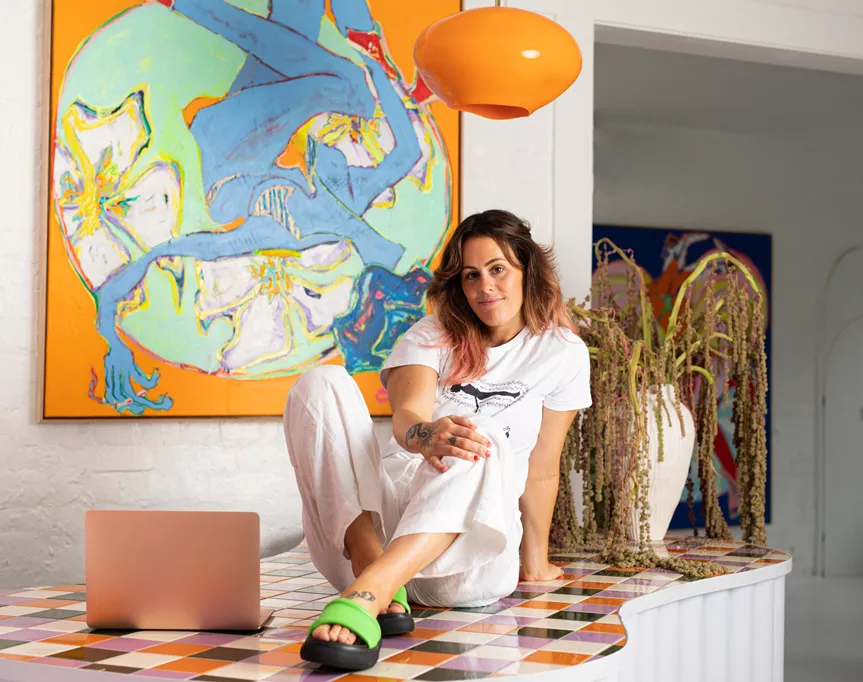

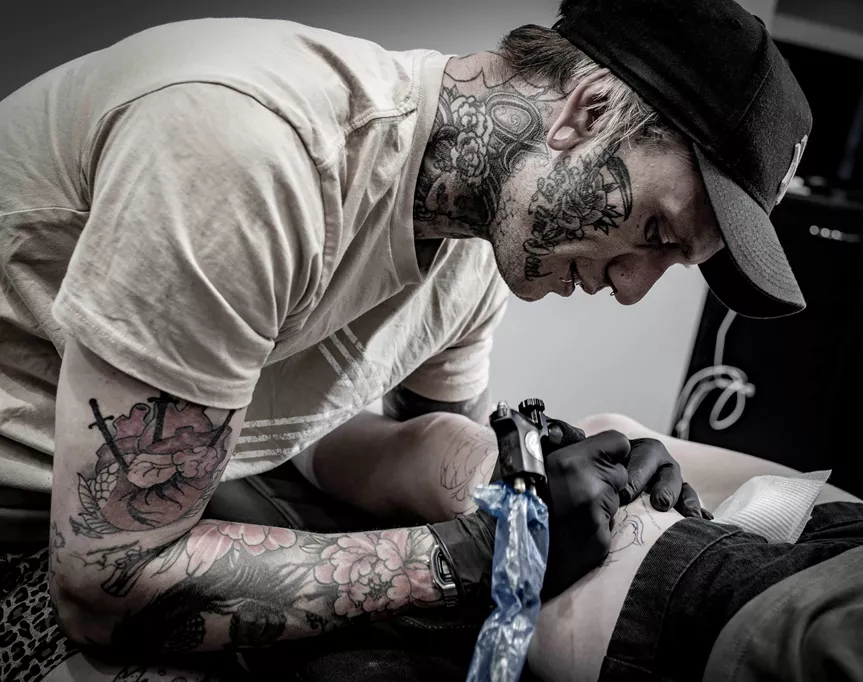
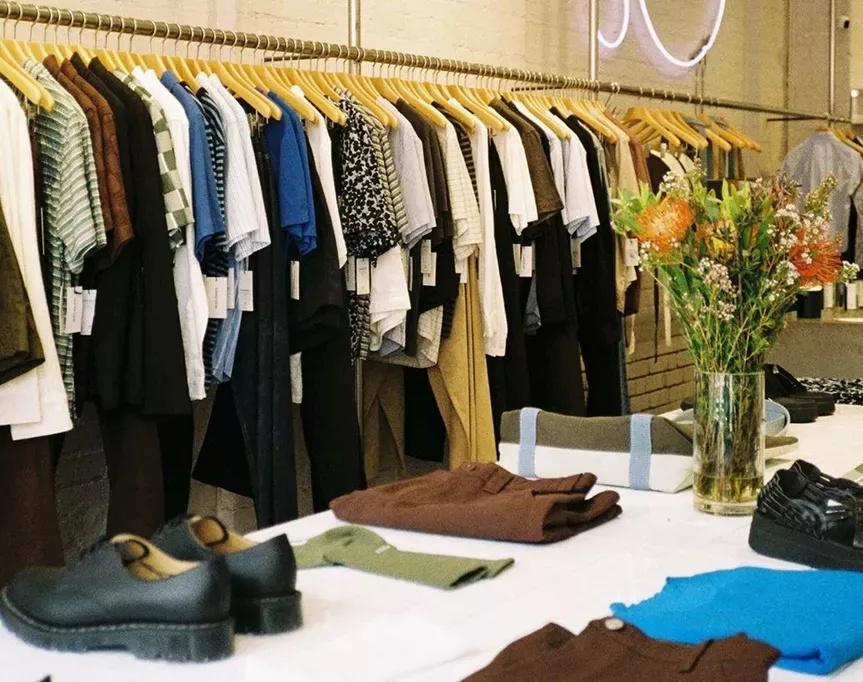

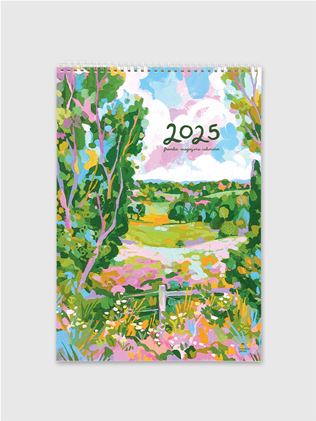

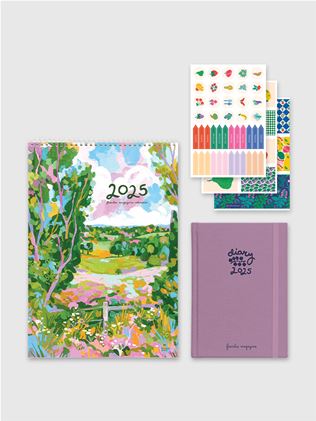
.jpg&q=80&w=316&c=1&s=1)






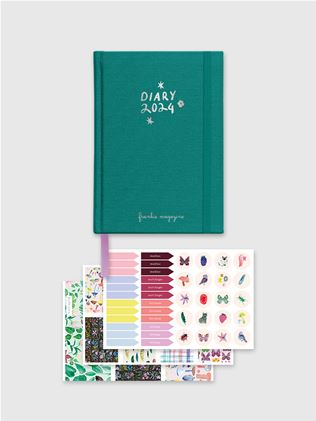



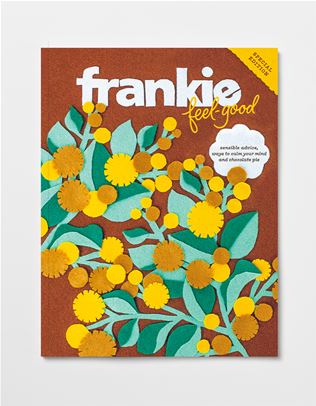






.jpg&q=80&w=316&c=1&s=1)










